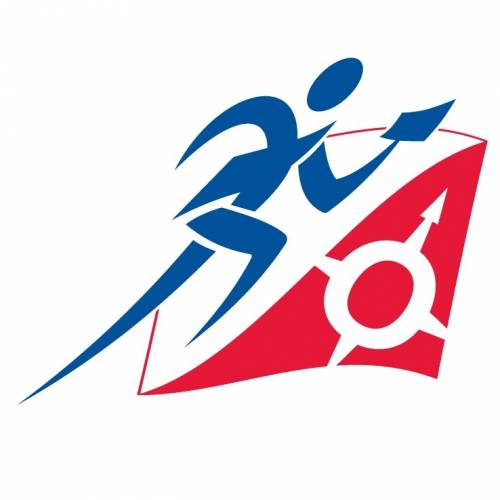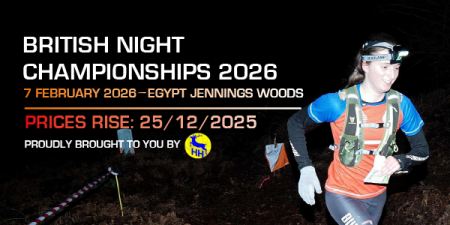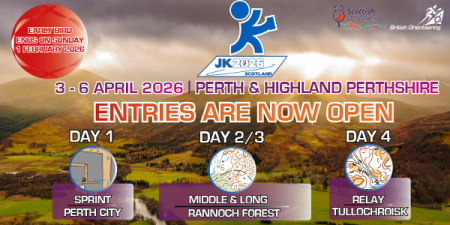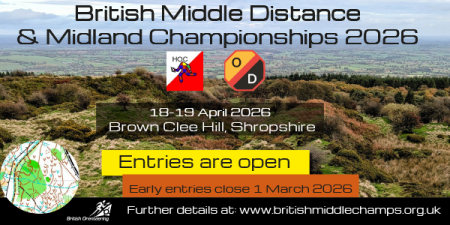By Craig Anthony
For 2018 British Orienteering will be implementing significant changes to the Performance Programme. These changes are intended to build a sustainable programme in which aims to maximise athlete potential to win medals. We value greatly the commitment that volunteers contribute to the programme however we recognise it is unrealistic to expect volunteers to replicate the roles of staff who used to be employed full time and part time in the programme. There is a need to develop a programme which can operate effectively with potentially changing personnel. In recognition of the financial burden placed on our international athletes, we wish to use most of the available funds to directly support athletes. The approach outlined below was developed with support from the Talent and Performance Steering Group and is intended to balance providing financial support to those selected for competition and those individuals with medal-winning potential.

Senior Squad
British Orienteering will identify a senior squad for the coming season in the Autumn of the previous year. The squad will be selected by the Selection Panel using the following criteria.
Athletes selected to the squad will be a senior in the following season and fulfill at least one of the criterion identified below:
Selected to represent GB at World Orienteering Championships or World Cups the past season
OR
Two individual top 20s or one individual top 10 or one relay top 3 at the Junior World Championships in the last 3 years
OR
Projected selection based on the results of the named races in the selection policy
Athlete Awards
In addition to the senior squad, British Orienteering will invest funds directly into potential medal-winning athletes using a system of athlete awards. The Selection Panel will be responsible for selecting the recipients of these awards. These awards will recognise both individual and relay medal chances. Athletes considered to have individual medal chances will receive a higher award than those athletes considered to be critical to relay medal chances on a ratio of 2:1 based on available funds. No athlete will receive both awards. The criteria below will be used for selecting recipients. The criteria indicate a minimum level of achievement and the selection panel will make the final decision.
Individual Podium
Athletes who have achieved a top 6 individual position at World Orienteering Championship or World Cup in the past 2 years. The panel believes these athletes represent the best opportunity for an individual British medal success in the next 2 years.
Relay Podium
Athletes who have achieved a top 4 relay position at World Orienteering Championship or World Cup in the past 2 years. The selection panel believes these athletes are likely to be serious contenders for relay medal success in the next 2 years.
The following process will be implemented:
- British Orienteering confirms budget for athlete awards in September
- Athletes selected by Selection Panel in Autumn for an award to be made in January of the following year
- Athletes notified of award and accept by supplying their performance plan for the year
- British Orienteering announces award recipients and distributes funds directly to the athletes
In 2018 this will be a one-year fund commencing on 1st January. The intention is that from 2019 athletes will be identified on a WOC cycle, i.e. every two years with funding paid in January each year. However, this will be reviewed during the first year of implementation and regularly following this to ensure the process and timescales are appropriate.
Competition
British Orienteering will continue to make selections for all competitions where Great Britain are represented. For all World Cups and World Orienteering Championships, British Orienteering will cover the following costs:
- IOF Athlete license
- Event accreditation
- Event entry fees
Athletes will be required to fund all remaining costs including travel and accommodation.
For all World Cups and World Orienteering Championships, British Orienteering will identify a volunteer Team Manager. This role will coordinate the GB team attendance at competitions aiming to provide, as far as possible, a stress-free competition experience for the team. This includes providing the following functions for all team members:
- Booking and organising accommodation
- Booking and organising internal travel
- Coordinating external travel
- Organising entries
- Acting as team manager and liaising with competition organisers
- Competition based selection decisions (this may be delegated to the Technical position where attending)
- Organising media reports at competitions
- Logistics coordination at competitions including internal travel, food, and training
Athletes wishing not to utilise any or all this service will need to liaise directly with the Team Manager to clarify what support they would like and if this will be available within the team logistics. Where necessary British Orienteering will process payments for team logistics on behalf of athletes and claim funds back via invoice.
In addition, at World Cup 1 and World Orienteering Championships British Orienteering will recruit two additional support volunteers.
Technical – This role will provide coaching/mentoring for athletes that want it whilst at the competition as well as support training and logistics. They will have a knowledge and experience of international orienteering as either an athlete or coach.
Medical - this role will provide medical advice and support to the team whilst at the competition as well as support training and logistics. They will have a qualification in physiotherapy or medicine as well as a knowledge and experience of international orienteering as either an athlete, coach or support team.
British Orienteering will pay expenses for the volunteer support team identified for each competition. This will include travel, accommodation, and sustenance specifically related to the competition.
Squad Support
In addition to the support for competition listed above British Orienteering will identify a volunteer Squad Manager to support the athletes to prepare effectively for competitions, access appropriate training opportunities and identify support services that they may require. It is expected that this position is fulfilled using the phone and electronic communications with any face to face communication coordinated to fit with personal travel.
Role descriptions for all 4 voluntary positions are available below.
Latest News

British Night Championships 2026: Christmas Price Rise!

JK 2026: Entries are officially open, and the early bird entry ends on 1 February 2026!

